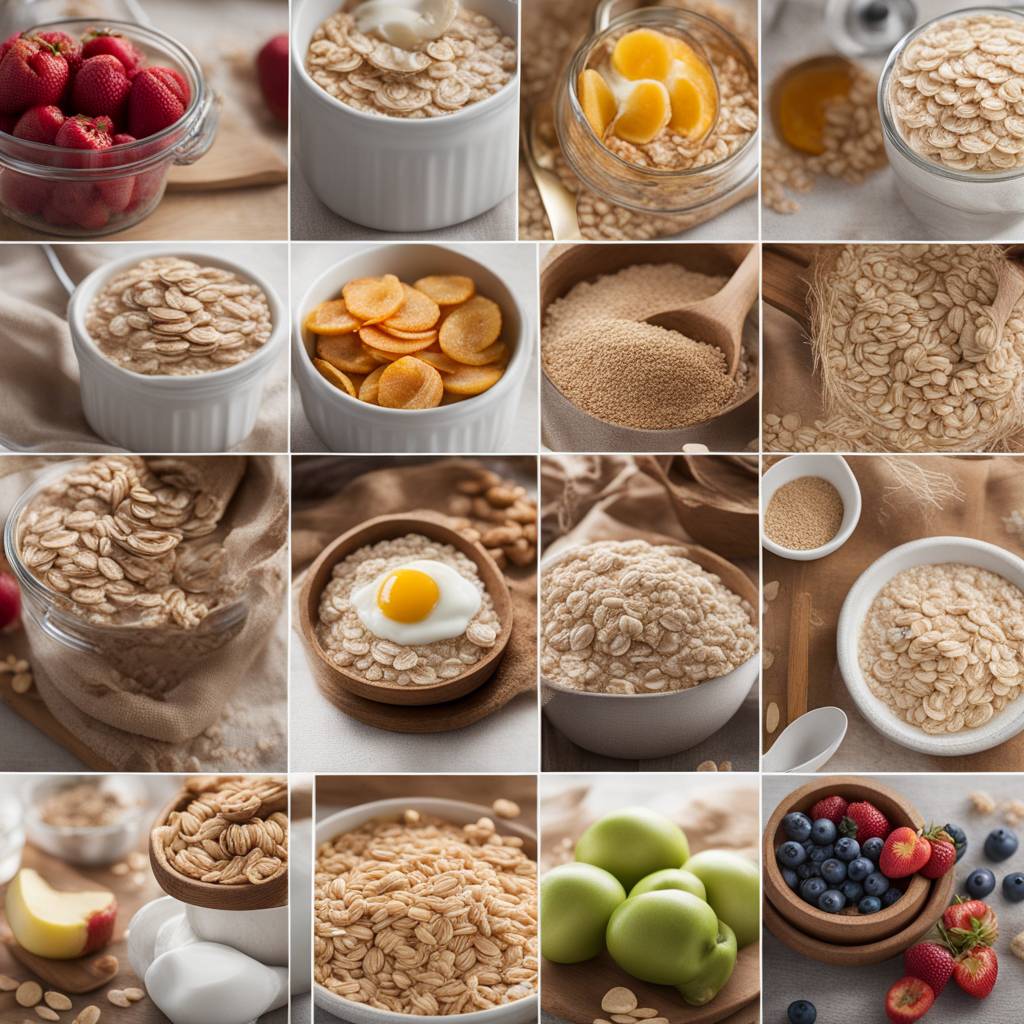The latest trend in weight loss on social media is the “oatzempic” diet, which involves a drink made of oats, water, lime juice, and cinnamon. Despite its promise to help people lose up to 40 pounds in two months, experts are skeptical of its effectiveness and safety. Dr. Eldad Einav, a weight loss doctor, warns that this diet is just another crash diet that does not address the underlying factors of weight gain. He cautions against falling for the hype surrounding oatzempic, as many fad diets have come and gone over the years without much success.
Registered dietitians and nutritionists also express concern about the oatzempic trend, citing its lack of nutritional value and potential risks. Maya Feller, a registered dietitian, warns that this diet may lead to nutrient deficiencies, loss of lean body mass, slowed metabolism, and dehydration if followed for long periods. She emphasizes the importance of slow and steady weight loss, in line with recommendations from the Centers for Disease Control and Prevention. Feller advises against trying the oatzempic diet, particularly for young people and those with medical conditions or taking medication.
Abbey Sharp, another registered dietitian, points out that there is no evidence to support the claims of the oatzempic diet. While the drink may be consumed as a snack, it is not a sufficient meal replacement due to its low calorie content and laxative properties. Sharp warns that extreme dieting can have negative effects on the body, leading to increased hunger, fatigue, and an unhealthy relationship with food. She recommends focusing on slow, steady, and sustainable weight loss methods rather than quick fixes like the oatzempic trend.
Many experts, including registered dietitians like Taylor Grasso, have debunked the oatzempic trend on social media, highlighting the potential harm it can cause to physical growth, hormone regulation, and mental health. Sharp advises against following such diet trends and emphasizes the importance of listening to one’s body and practicing moderation when it comes to weight loss. Dr. Einav also cautions against risking one’s health for the sake of a quick fix, reminding people that sustainable and healthy weight loss requires patience and dedication.
In conclusion, the oatzempic diet trend may be enticing for those looking to lose weight quickly, but experts urge caution and skepticism. Crash diets like oatzempic often fail to deliver sustainable results and can pose risks to physical and mental health. Instead of following the latest fad diet, it is recommended to focus on long-term lifestyle changes that promote slow, steady, and sustainable weight loss. By listening to one’s body, practicing moderation, and seeking guidance from professionals, individuals can achieve their weight loss goals in a safe and healthy manner.


